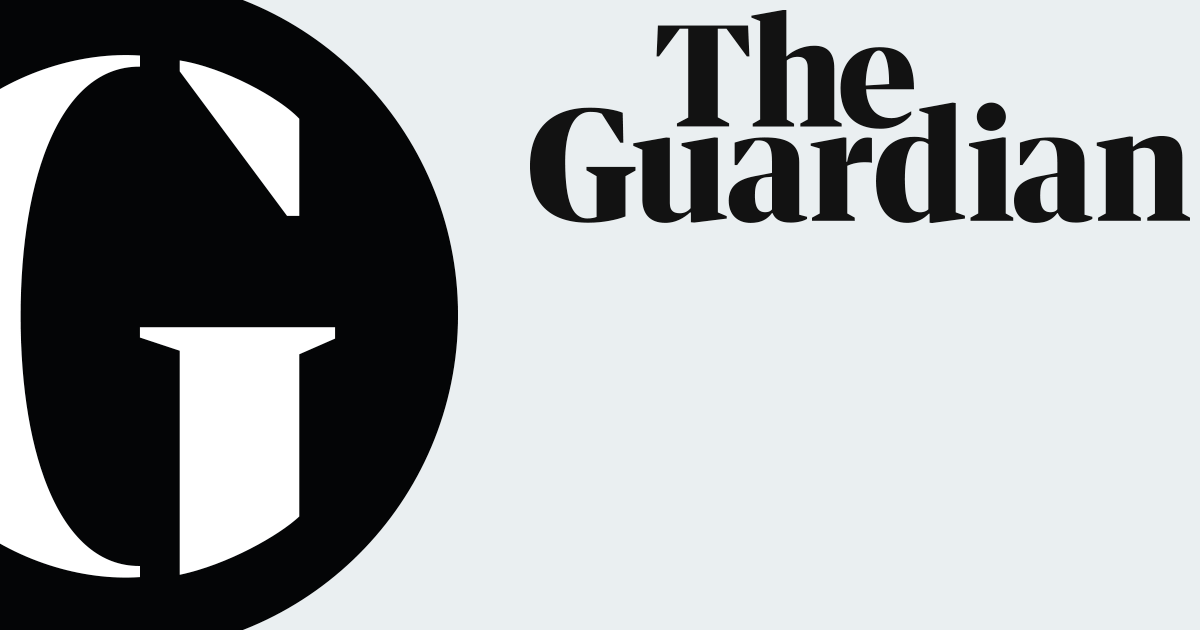Guardian US Finds 72% Of Video Spend Is Fraudulent Without Ads.txt
Guardian US Finds 72% Of Video Spend Is Fraudulent Without Ads.txt
Guardian US ran a series of tests with Google and MightyHive during the first quarter of 2018 to determine the challenges surrounding programmatic ad fraud on the open ad exchange and the effectiveness of the website script ads.txt.

The anti-fraud website script introduced by the Interactive Advertising Bureau Tech Lab last year aims to help ad buyers avoid illegitimate sellers who simulate inventory to spoof domains. As part of the process, publishers digitally list all the companies authorized to sell their inventory. Ad-serving follows the same procedure. This allows all parties to check the validity of the ad inventory.
For The Guardian US, Ads.txt helps to create a clear path for buyers, said Brendan Cleary, VP of programmatic sales and ad operations at the Guardian US.
Cleary said the test shows video is “highly” connected to fraud. “We were able to hold back the majority of the budget set aside for display, but for video we only saw 28% of the allocated budget,” he said.
The fraud involves domain spoofing, where an entity represents itself as the premium publisher — in this case, The Guardian — to sell ad space. Ads.txt script enabled on a publisher’s website enables the advertiser to have knowledge of the approved sellers when the inventory is made available through an open exchange.
Publishers lose a lot of money to domain fraud. The results showed that video is the most affected media. Counterfeit inventory diverted 1% of ad spend for display inventory, and 72% of video spend went to counterfeit inventory sources.
“Video proved to be a high source of fraud in the past, but we were pretty surprised at the high impact shown in the study,” he said, explaining that when the script is available on the site it enables advertisers and ad servers to have knowledge of the available inventory. “We saw a lot of players in the market representing our video when we had not sold it to them.”
The test followed two identical buys of Guardian US display and video inventory bought via MightyHive. One set was bought through Google Display & Video 360, only buying ads.txt authorized inventory. The other set was bought through a DSP without ads.txt compliance. The logs of MightyHive and Guardian US were then compared to determine any discrepancies in revenue and exchanges claiming sales of Guardian US inventory.
The percentage of the spend going to legitimate sellers when inventory ads.txt compliant was purchased was 100% for display and 100% for video, but when the DSP didn’t use the ads.txt filter those numbers were 99% display and 28% video.
Pete Kim, CEO at MightyHive, believes video was most affected because of the high cost.
(7)


